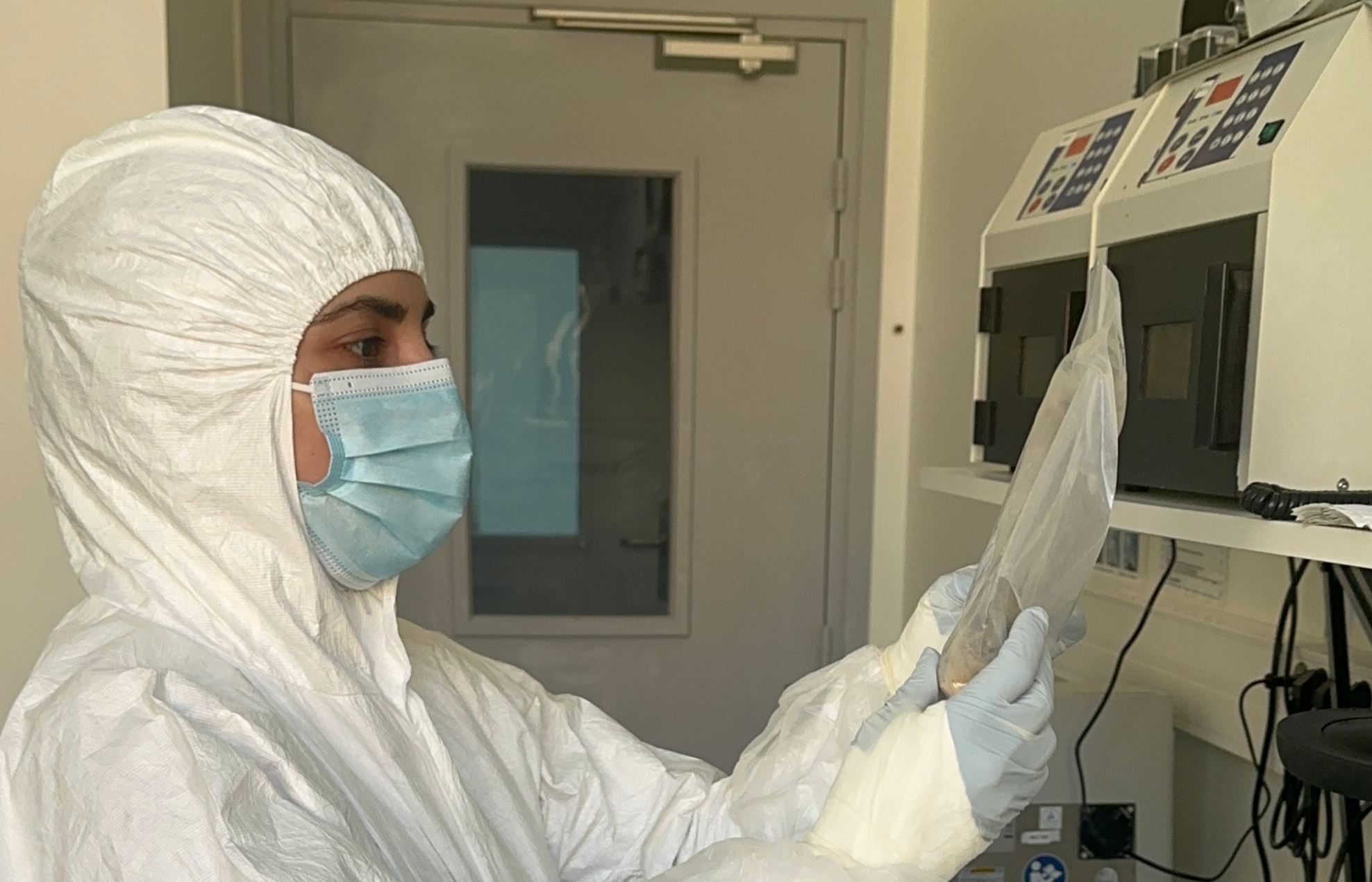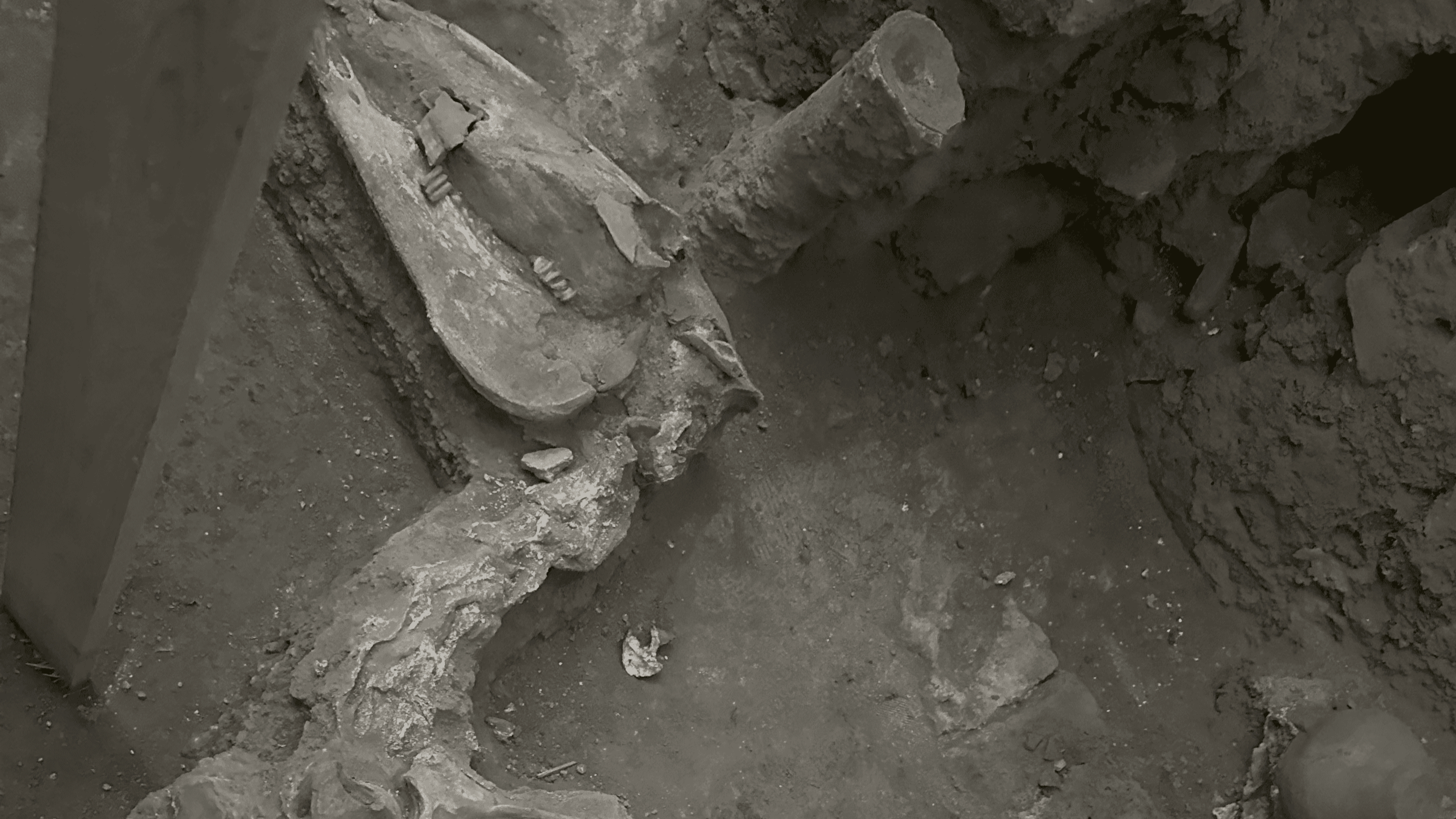KAUST alum Hanin Ahmed awarded prestigious Marie Curie Postdoctoral Fellowship

Hanin Ahmed conducting her horse DNA experiments in the lab.
Saudi researcher's exceptional work in ancient DNA and genomics recognized with Europe's premier postdoctoral research award
King Abdullah University of Science and Technology (KAUST) proudly announces that Dr. Hanin Ahmed, a distinguished Saudi alumna and past Ibn Rushd Postdoctoral Fellow, has been awarded the highly competitive Marie Skłodowska-Curie Actions (MSCA) Postdoctoral Fellowship. This fellowship is considered one of the most prestigious globally for young researchers, recognizing Ahmed's exceptional scientific research on ancient DNA and evolutionary genomics.
"Receiving the [MSCA Postdoctoral] Fellowship feels like a turning point in my scientific journey. This project will allow me to bridge the natural and social sciences and to combine cutting-edge paleogenomics with archaeological research to explore the deep history of horse rituals and breeding traditions in Gaul. It's incredibly meaningful to shed light on how humans and horses co-evolved through culture and time," she said.
Ahmed will begin her fellowship in March 2026 to research the biological traits, ancestry, and symbolic roles of horses used in sacrificial rituals, funerals, and breeding in ancient times. Her work will involve collecting and analyzing DNA samples from 97 sites across France. By linking biology with ritual behavior, she seeks to understand how horses, and animals in general, reflect human cultural values, inequalities, and spiritual systems in the past.

Bones from ancient horses, like the one shown here, are used to obtain DNA.
The MSCA Postdoctoral Fellowship stands as one of the world's most competitive and esteemed research funding schemes for early-career scientists. In 2024, the program received a record-breaking 10,360 proposals from researchers worldwide, but only one of every six applicants being selected as fellows.
"The awarding of this Marie Curie Fellowship marks a significant achievement and a logical next step in Hanin’s distinguished research journey. I am proud of her and proud to have been part of her growth as a scientist," said KAUST Associate Professor Simon Krattinger, in whose lab Ahmed conducted her doctoral research on the population genomics and evolutionary history of ancient cereal crops. The outcome of her work is expected to benefit the production of wheat and other critical food crops that are descendants of ancient cereals and foster a new generation of valuable crops resistant to climate change and disease.
Ahmed has received several distinguished fellowships for her research, including the Ibn Rushd Fellowship. This fellowship, which is funded by KAUST, supported Ahmed to move to the University of Toulouse, France, where she shifted her genomics research to the DNA of ancient and modern horses. The Ibn Rushd Fellowship also brings fellows to KAUST for leadership programs that aim to mature the fellow into a global leader of their field.

